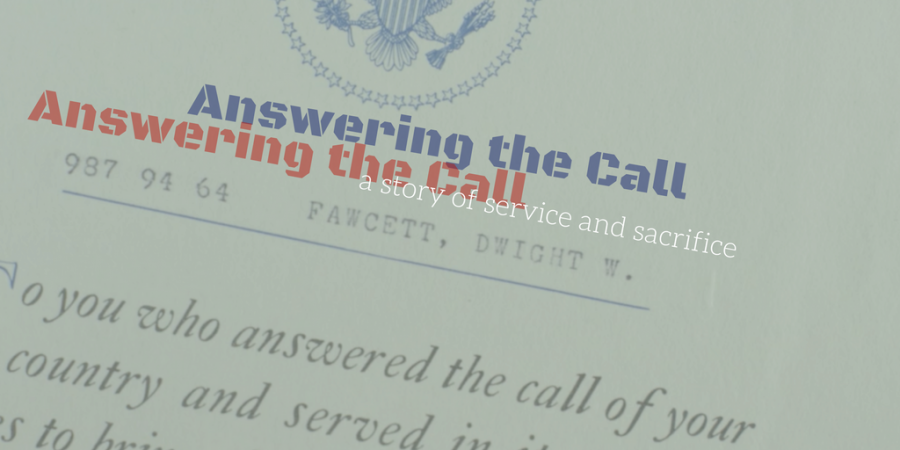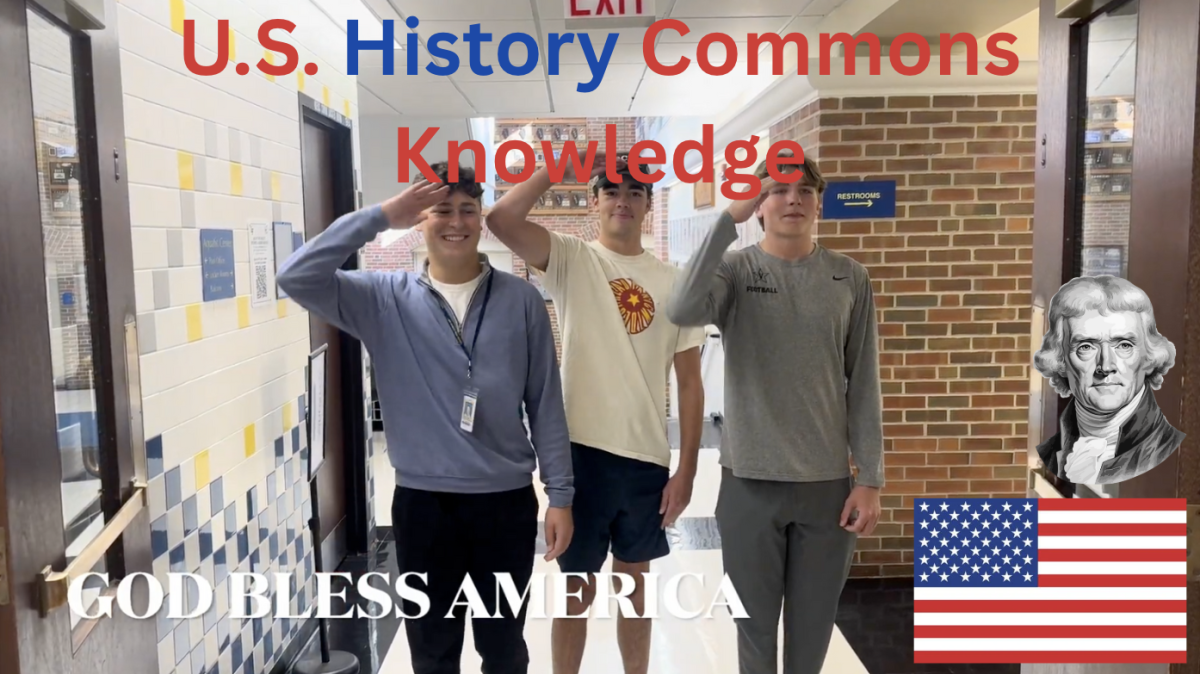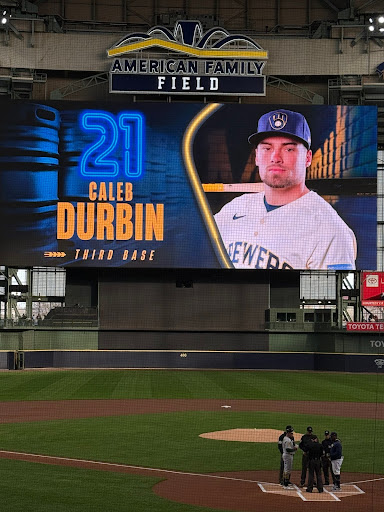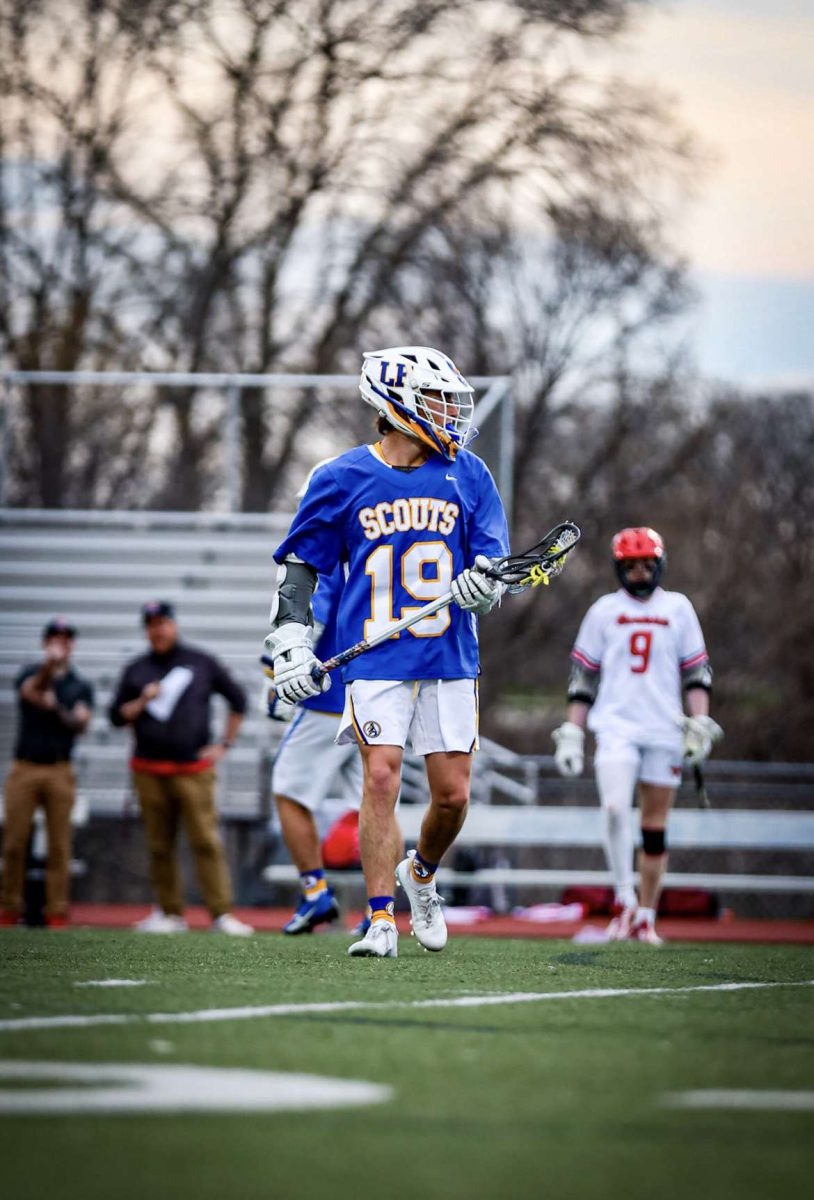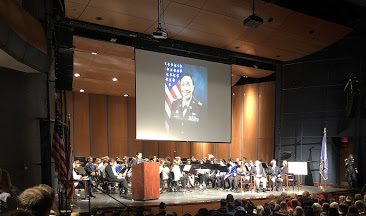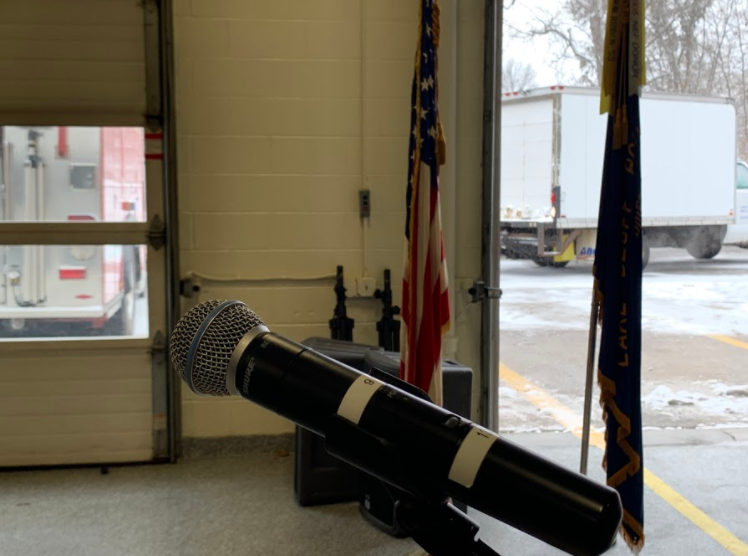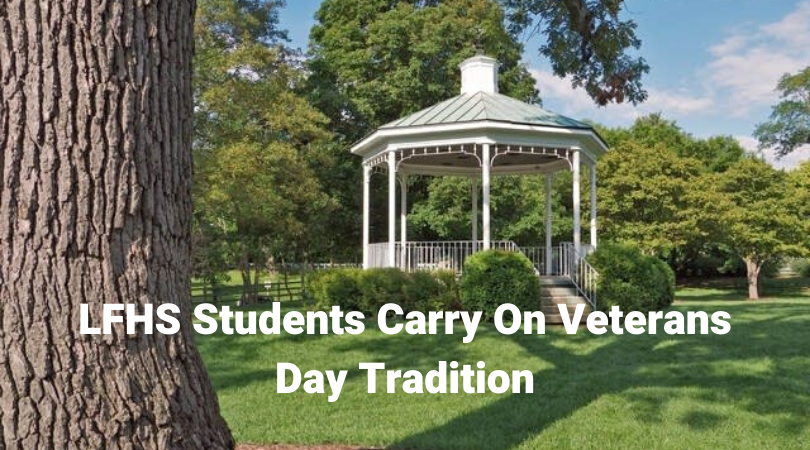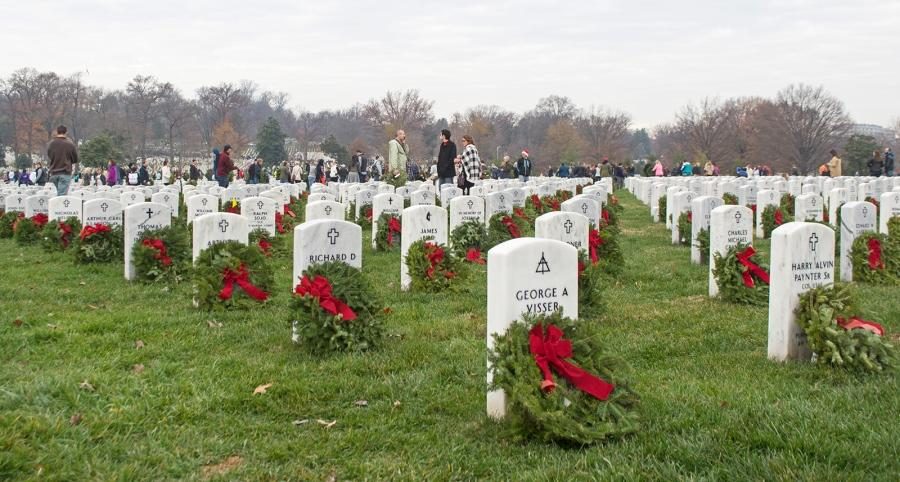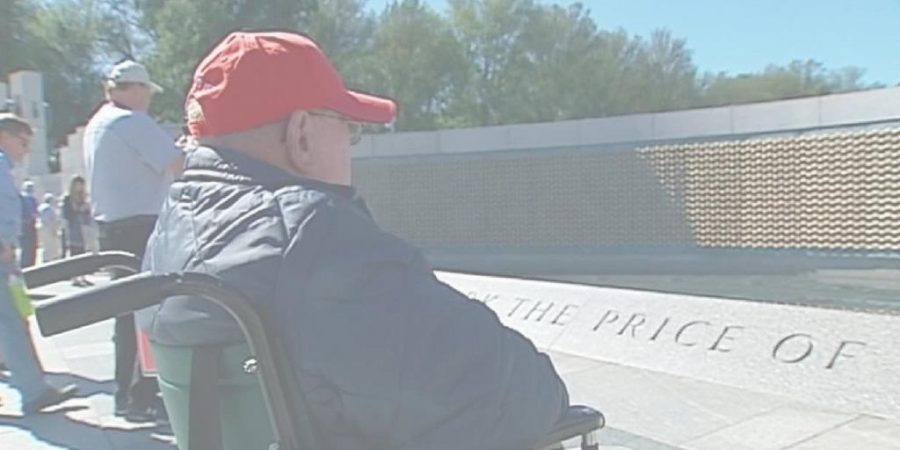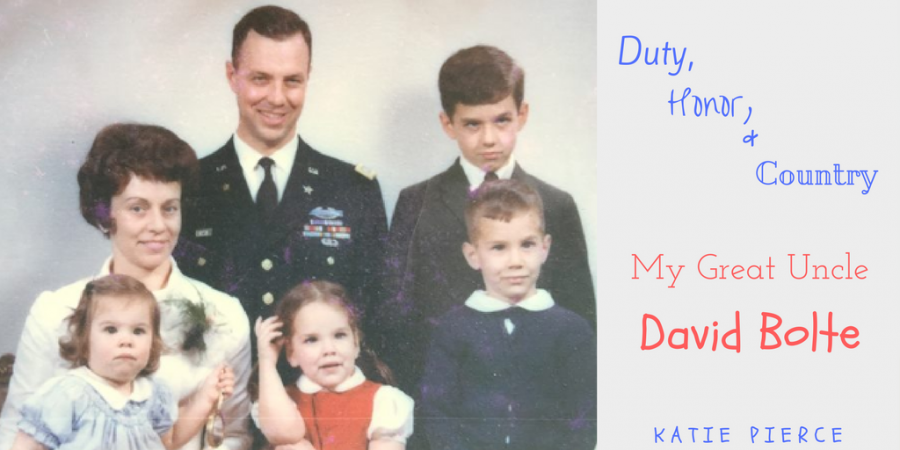“Answering the Call: A story of service and sacrifice” was produced and directed by Annalise Craig
“Whatever you do, don’t get drafted into the Army, Dwight. Even if you have to break your own leg.”
My grandfather received this warning in a letter from his best friend, Bob Klein. The year was 1944, and “Kleiny” – a friend of my grandfather’s who had recently been drafted into WWII – wrote this statement after his first week at bootcamp. My grandfather, whom I call Baba, who was far, far from being a grandfather at the time, paid astute attention to the advice Kleiny gave him.
He joined the Navy instead.
Born in 1927 as an only child, Baba moved constantly throughout his childhood. His father worked for the “Big Four”, a railroad that serviced the four big Midwestern cities Cleveland, Cincinnati, Chicago and St. Louis and all the places in between. His father moved every year or so, which meant for Baba, each year there was a new house, a new school, and a new town. He was a nomad of the Midwest, a child of the Great Depression, and a son of a railroad man.
At the age of 18, following the surrender of the Japanese in August of 1945, Baba was drafted into the Navy. Politicians met from far corners of the earth to discuss, strategize, and plan for post-war boundaries and societies. He travelled to the United States Naval Training Center in Bainbridge, Maryland – a boot camp located at the tip of the Chesapeake Bay – energized, young, proud, and anxious.
He caught scarlet fever at Bainbridge. The first Navy physician he saw dismissed his hallucinating fevers, fatigue, and weight loss, and he sent Baba back down to work in the laundry. Baba attempted to lift wet, heavy sheets but he soon collapsed on the laundry room floor. He was sent to a different physician, this one, a gruff doctor with a heavy Bronx accent. Exasperated, Baba believed this doctor would be even less sympathetic than the last, but the brusque physician understood the gravity of Baba’s illness and immediately sent him to a hospital to heal. My grandfather’s weight at the time was about 100 pounds.
But he recovered – and by the time he was well, the war was over, the Navy wound down its operations, and young men began to return to civilian life. Baba returned to the Midwest to finish college: to Indiana University for his undergraduate degree, and eventually to Harvard Law School for his law degree. He became a lawyer, moved to Chicago, and he shared an apartment as a young man with Kleiny, who had stories to tell about his time in the occupation Army in Tokyo. Baba married, bought a house in the suburbs, and he raised his children in Winnetka – where he didn’t move them once.
Baba never fought in the war. He was never deployed. He never faced off against Nazis or Japanese warriors. He never shot a gun.
His life, however, was still shaped by veterans.
Toward the end of his life, as he sat talking to his children and grandchildren in a warm retirement home apartment in Evanston, Illinois, he tirelessly recounted the stories he had heard from the war. He recalled his friend, Jack, who had seen Strasbourg – not from the streets but from above, in a bomber circling in the sky. He recalled a friend Harry, a friend he made later in life, who’s landing craft malfunctioned on D-Day. The door of the craft opened too early and he and one other soldier were dropped into the raging sea. The water was too deep, their bags were too heavy, and they almost drowned trying to swim back to the boat – until their boat blew up in front of them, hit by a projectile artillery shell. That small landing craft malfunction saved their lives.
It is because of these stories, these moments of luck, heroics, and bravery, that Baba had the opportunity to live past the war. It is because of our veterans that he was able to live in Chicago and share an apartment with his lifelong best friend, Kleiny. It is because of these selfless veterans that he was able to raise his children in the suburbs, that he could spend his retirement golfing, raising Labrador Retrievers, and filling out crossword puzzles. It is because of our veterans that Baba was able to live to the age of 89.
It is our soldiers who keep us safe, who allow us the opportunity for prosperity, and the opportunity for freedom.
Baba did not break his leg to join the draft. He was called to service, and he went. He did what he was asked to do.
Thank you to all the veterans who do exactly this. Those who fought, fight, and will fight for our nation. Thank you to those compelled to answer the call, to offer the ultimate sacrifice, and to ignore the letter my grandfather once ignored himself.
Thank you, and happy Veterans Day.

